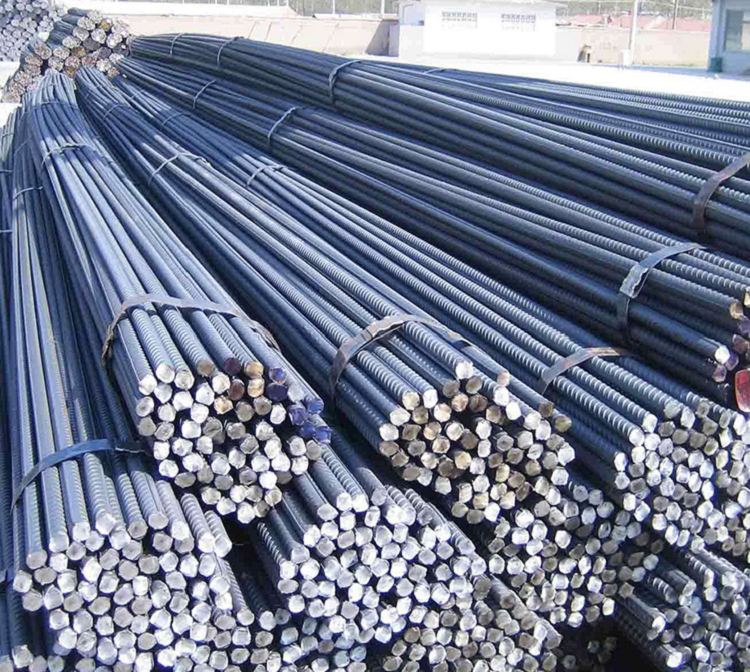How to Buy and Export Other Iron Bars from Angola
How to Buy and Export Other Iron Bars from Angola
The iron bar market is constantly facing fluctuations; this is due to the volatile nature of the iron ore market. As a result, it becomes imperative for exporters and importers to understand how these fluctuations will impact their business. The export and import markets of other iron bars from Angola have also been affected by the same factors that influence the market for standard iron bars. These smaller types of iron bars are not as commonly used or traded as standard or structural grades, but they are still important in certain industries. So if you’re looking to expand your business by exporting or importing other iron bars from Angola, it’s important to know all of your options. Read on to find out more about this lesser-known type of iron bar.
What is an Other Iron Bar?
Other iron bars are a type of bar-shaped iron product that often comes in smaller sizes. They are used in less critical applications than standard or structural grades, and are often made from scrap iron. Other iron bars are commonly used for reinforcement bars, tie bars, shipbuilding, and construction. They also have many other applications and uses, including in the production of electricity and the transportation, chemical, and mining industries. Other iron bars are usually between 25 and 50 mm, though they can be as large as 100 mm. They are also classified by their shape, quality, and mineral content. Other iron bars are usually made from both recycled and new iron, though the percentage of new iron used varies by product. Other iron bars are therefore often less expensive than other grades of iron bars, making them a great option when cost is a factor.
Angola’s Position in the Iron Bar Trade
Angola is a major supplier of iron bars of all types, but other iron bars in particular. The country has a strong reputation as a reliable source of iron bars, which has allowed it to become a top 10 exporter in the world. In fact, Angola was the world’s second-largest exporter of other iron bars in 2017. As a major supplier, Angola has a sizeable influence on the global iron bar market, meaning that any market fluctuations are likely to affect the country. In recent years, some issues have arisen concerning the production of iron bars in Angola. These issues have put pressure on the market, leading to fluctuations in the price of iron bars.
Why is the Market for Other Iron Bars Fluctuating?
Some issues that are affecting the production of iron bars in Angola have put pressure on the market, leading to fluctuations in the price of iron bars. The following factors have contributed to this fluctuation: – A rise in the price of coking coal – coking coal is used to produce coke, which is the main ingredient of iron ore. As the price of coking coal has gone up, so has the price of iron ore. – A decline in global iron ore production – as the price of iron ore has gone up, some iron ore mines have closed. This has resulted in decreased production and has put pressure on the market. – Tariffs and taxes on imported iron ore – in an effort to support the local economy, some countries have imposed high tariffs on imported iron ore. This has made imported iron ore more expensive, shifting the market to favor domestically produced iron ore.
Exporting Other Iron Bars from Angola
If you’re looking to export other iron bars from Angola, you’ll probably be dealing with a broker. Iron bars are not as commonly traded as other commodities, so it can be hard to find a direct buyer. Brokers can help you find a buyer for your product, and also help you navigate the export process. Other iron bar brokers will expect you to have a quality product that meets a certain standard. It’s important to make sure your product meets all applicable standards and specifications, including any labeling requirements. You’ll also need to make sure you have all the necessary documentation before you begin the process. If you’re looking to export other iron bars from Angola, be sure to keep an eye on the global market to make sure you are getting the best possible price.
Importing Other Iron Bars from Angola
If you’re interested in importing other iron bars from Angola, you may have to deal with a local importer. Since other iron bars are not as commonly traded as standard bars, it can be especially hard to find a direct importer. Unlike exporting, it’s unlikely you’ll deal with a broker. Local importers may have different methods and procedures, so you’ll need to be flexible in your dealings with them. If you are importing other iron bars from Angola, make sure they meet all applicable standards and specifications. You’ll also need to make sure you have the necessary documentation before you begin the process.








LEAVE A COMMENT
You must be logged in to post a comment.